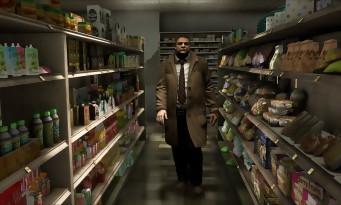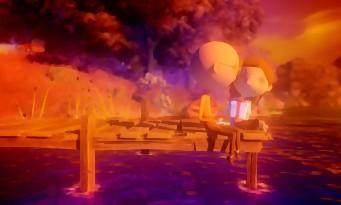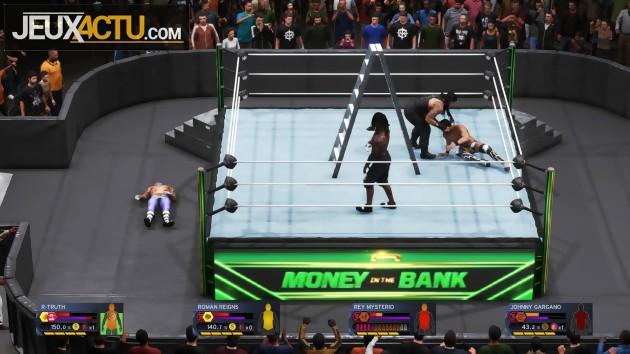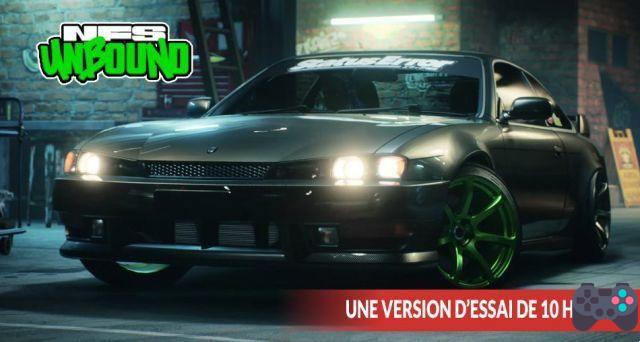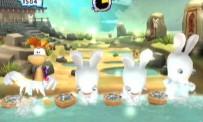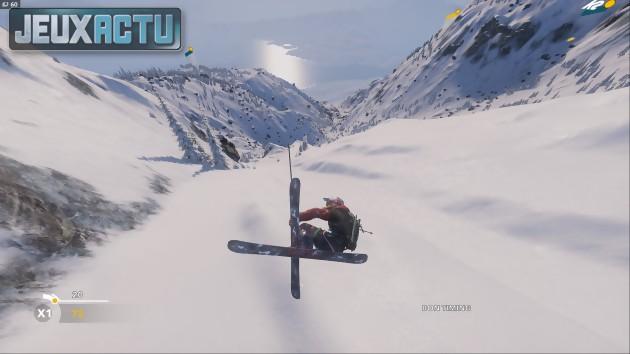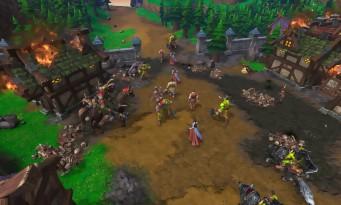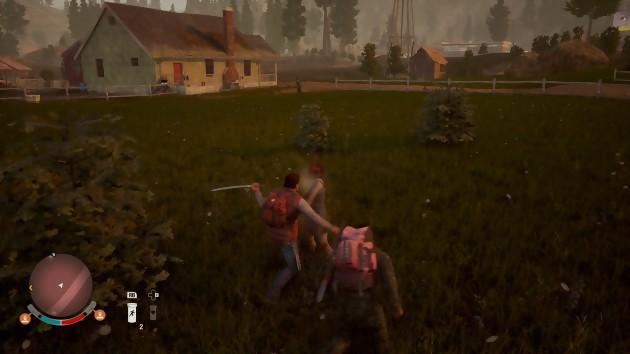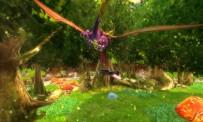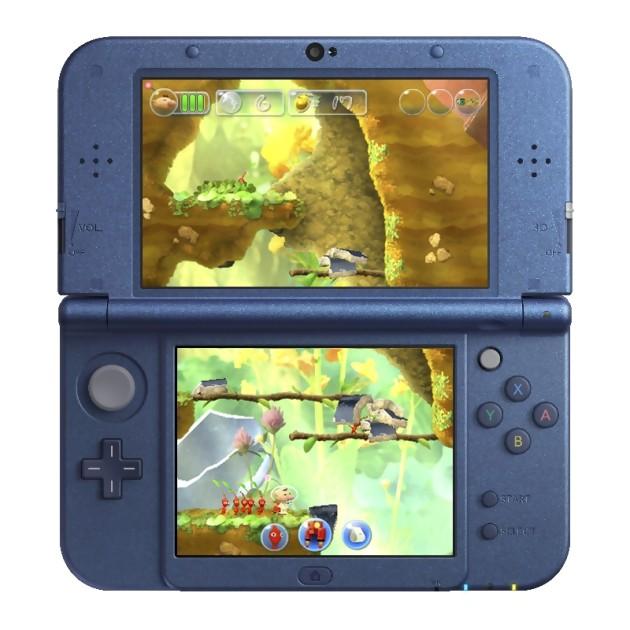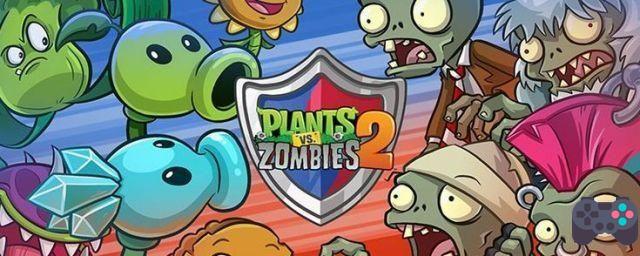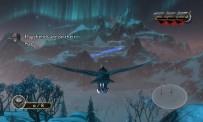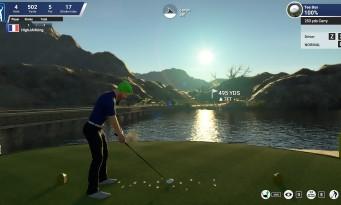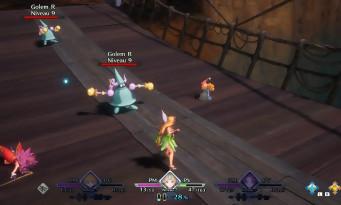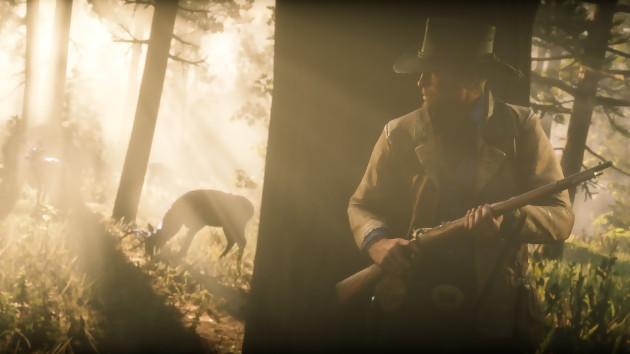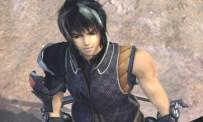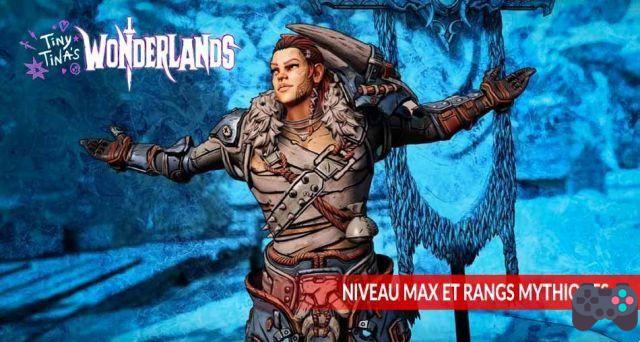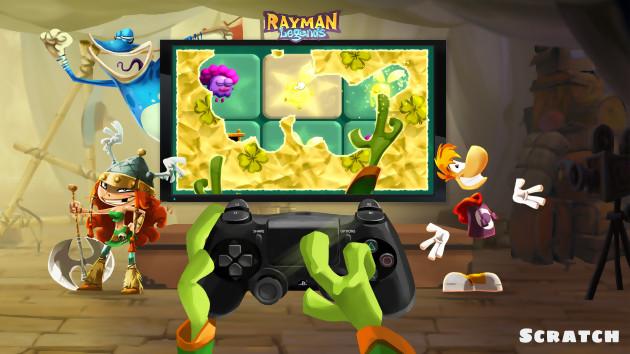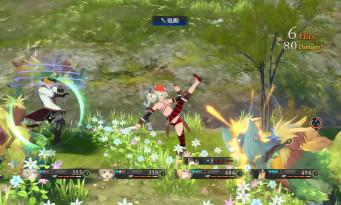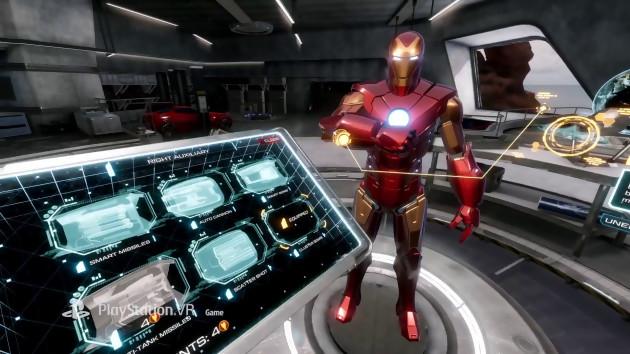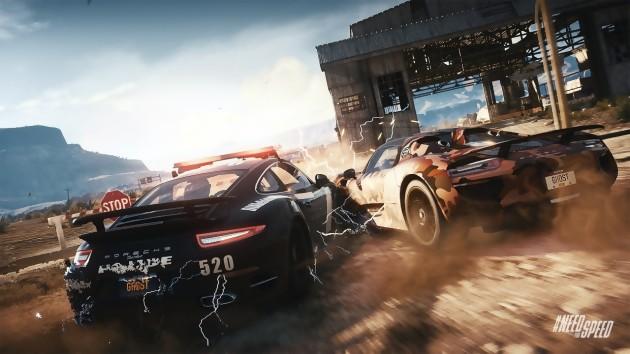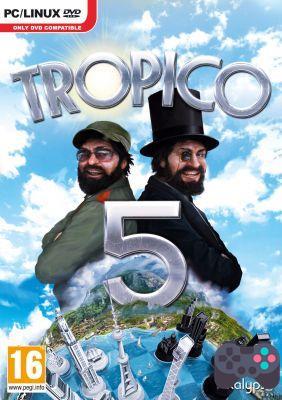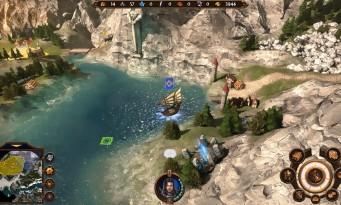 And the first bad surprise comes from the launch of the campaign. The latter, however, has the good taste to be arranged in a relatively original way, since it takes the form of a council of war. Gathered around Duke Ivan, the representatives of the six playable factions (Havre, Académie, Necropolis, Bastion, Sylve and Dungeon) each tell their story, which each time takes the form of a mini-campaign. We can thus start with the faction that we prefer, or even alternate between different chapters to never get tired. But now, this good idea is significantly spoiled by a totally improbable realization. What should have taken the form of quality cinematics turns into a semi-slideshow, because the characters are in no way animated. During the dialogues, some of them have their mouths half-open, in a posture as frozen as they are ridiculous, while others keep them completely closed. In 2015, for a publisher as big as Ubisoft to allow itself, on a franchise as important as Heroes of Might & Magic, not to animate the 3D models used to present the single-player campaign is as unacceptable as it is incomprehensible. Admittedly, this does not change anything at the very heart of the game. But we really have the impression of having bought a second-rate production at the price of AAA. We can also point to the total absence of tutorial, the player having no choice but to dive directly into the mini-campaign of his choice, a multi-match, a duel or a skirmish. A gap that will hardly handicap the regulars of the series, but which risks leaving a lot of newcomers on the floor. We will remind them that a typical game takes place both on a map where heroes are moved on a turn-based basis, where resources are collected and cities are improved, as well as on grid maps dedicated to combat. These also take place on a turn-by-turn basis, and see two armies made up of mobile units confront each other, accompanied by a few fixed units that remain behind the grid. Including the hero himself, who can cast a spell or attack each turn.
And the first bad surprise comes from the launch of the campaign. The latter, however, has the good taste to be arranged in a relatively original way, since it takes the form of a council of war. Gathered around Duke Ivan, the representatives of the six playable factions (Havre, Académie, Necropolis, Bastion, Sylve and Dungeon) each tell their story, which each time takes the form of a mini-campaign. We can thus start with the faction that we prefer, or even alternate between different chapters to never get tired. But now, this good idea is significantly spoiled by a totally improbable realization. What should have taken the form of quality cinematics turns into a semi-slideshow, because the characters are in no way animated. During the dialogues, some of them have their mouths half-open, in a posture as frozen as they are ridiculous, while others keep them completely closed. In 2015, for a publisher as big as Ubisoft to allow itself, on a franchise as important as Heroes of Might & Magic, not to animate the 3D models used to present the single-player campaign is as unacceptable as it is incomprehensible. Admittedly, this does not change anything at the very heart of the game. But we really have the impression of having bought a second-rate production at the price of AAA. We can also point to the total absence of tutorial, the player having no choice but to dive directly into the mini-campaign of his choice, a multi-match, a duel or a skirmish. A gap that will hardly handicap the regulars of the series, but which risks leaving a lot of newcomers on the floor. We will remind them that a typical game takes place both on a map where heroes are moved on a turn-based basis, where resources are collected and cities are improved, as well as on grid maps dedicated to combat. These also take place on a turn-by-turn basis, and see two armies made up of mobile units confront each other, accompanied by a few fixed units that remain behind the grid. Including the hero himself, who can cast a spell or attack each turn.
MAGIC BUT LITTLE POWER
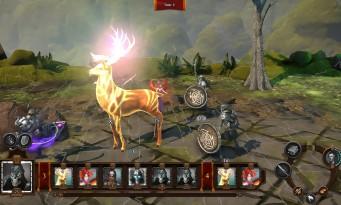 The phases of attack or defense of the cities bring a little variety to the concept, since walls and moats block the passage of the attackers. With seven resources, dozens of spells, multiple talents to unlock for heroes, inventory items to wear, many units of all kinds (melee or ranged, flying or not, with specific abilities or pas...) and everything related to the management of cities (construction of buildings, recruitment of units, research of spells, fortifications, etc.), there are multiple tactics to implement and you won't get bored a second. The new developers have perfectly respected the different precepts of the series and, in this, the game is worth browsing. We can also welcome the presence of many ways to play, whether solo (campaign, duels against the AI, skirmish on one of the thirteen maps dedicated to this purpose) or multi (online, network and even in "hot seat", i.e. each in turn in front of the same PC). On the other hand, we may possibly regret the presence of a combat grid made of squares and not hexagons, even if the game fortunately manages the attack bonuses from the back or on the side.
The phases of attack or defense of the cities bring a little variety to the concept, since walls and moats block the passage of the attackers. With seven resources, dozens of spells, multiple talents to unlock for heroes, inventory items to wear, many units of all kinds (melee or ranged, flying or not, with specific abilities or pas...) and everything related to the management of cities (construction of buildings, recruitment of units, research of spells, fortifications, etc.), there are multiple tactics to implement and you won't get bored a second. The new developers have perfectly respected the different precepts of the series and, in this, the game is worth browsing. We can also welcome the presence of many ways to play, whether solo (campaign, duels against the AI, skirmish on one of the thirteen maps dedicated to this purpose) or multi (online, network and even in "hot seat", i.e. each in turn in front of the same PC). On the other hand, we may possibly regret the presence of a combat grid made of squares and not hexagons, even if the game fortunately manages the attack bonuses from the back or on the side.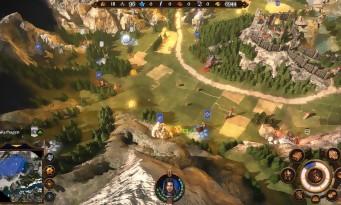 Similarly, some will lament the absence of Dwarves, even though two factions are dedicated to elves (classic, and black). But since this choice results from a vote organized almost a year ago with the fans, we will not blame the developers too much. But let them not expect leniency from the players as far as technical achievement is concerned! We have already mentioned the problem of staging the campaign, but the games themselves are not spared from bugs and a certain lack of optimization. You regularly have to deal with loading times that are far too long to be honest, the game simply crashes at times, or starts to crawl for no apparent reason to others, and you even have to deal with very annoying bugs. During the fights, we were able to see a unit moved by the AI going back and forth between two points of the map, or another refusing to do anything. A switch to automatic combat resolution mode was enough to unlock the second situation, but for the first, we had to quit the game and restart the game. We could also find fault with the not always convincing French voices, or even the imperfect management of the difficulty, but we don't want to overload the mule. Because if it is far from being the best episode of the series, Might & Magic Heroes VII remains a game that is hard to let go once you start a game. And that is the main thing.
Similarly, some will lament the absence of Dwarves, even though two factions are dedicated to elves (classic, and black). But since this choice results from a vote organized almost a year ago with the fans, we will not blame the developers too much. But let them not expect leniency from the players as far as technical achievement is concerned! We have already mentioned the problem of staging the campaign, but the games themselves are not spared from bugs and a certain lack of optimization. You regularly have to deal with loading times that are far too long to be honest, the game simply crashes at times, or starts to crawl for no apparent reason to others, and you even have to deal with very annoying bugs. During the fights, we were able to see a unit moved by the AI going back and forth between two points of the map, or another refusing to do anything. A switch to automatic combat resolution mode was enough to unlock the second situation, but for the first, we had to quit the game and restart the game. We could also find fault with the not always convincing French voices, or even the imperfect management of the difficulty, but we don't want to overload the mule. Because if it is far from being the best episode of the series, Might & Magic Heroes VII remains a game that is hard to let go once you start a game. And that is the main thing.




